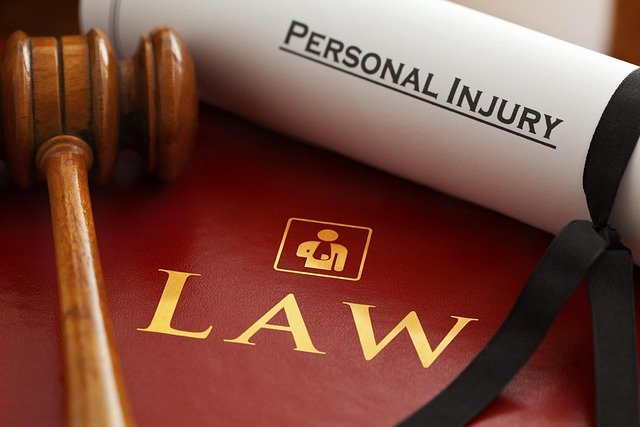Pursuing a Law Degree: A Path to Protecting Civil Rights and Fighting Discrimination
A law degree opens doors to a wide range of career opportunities, particularly for those passionate about civil rights and combating discrimination. This advanced degree equips individuals with the knowledge and skills necessary to navigate complex legal systems and advocate for justice. Whether you're interested in becoming a civil rights lawyer, addressing police misconduct, or protecting voting rights, a law degree can be the foundation for a meaningful career in these crucial areas.

Some lawyers choose to specialize in police misconduct cases, working to hold law enforcement accountable for unjust actions and advocating for systemic reforms. Others may focus on voting rights, ensuring that all citizens have fair and equal access to the democratic process. Additionally, civil rights attorneys may work on cases involving freedom of speech, religious liberty, or LGBTQ+ rights.
How does a law degree prepare you to address discrimination issues?
A law degree provides comprehensive training in understanding and interpreting laws, regulations, and legal precedents related to discrimination. Students learn about the Civil Rights Act, the Americans with Disabilities Act, and other key legislation that protects individuals from unfair treatment based on race, gender, religion, or other protected characteristics.
Law school coursework often includes classes on constitutional law, which is fundamental to civil rights practice. Students also develop critical thinking and analytical skills necessary for building strong legal arguments against discriminatory practices. Through mock trials and internships, aspiring lawyers gain practical experience in presenting cases and advocating for clients who have faced discrimination.
What skills are essential for lawyers working on police misconduct cases?
Lawyers specializing in police misconduct cases require a unique set of skills. A deep understanding of criminal law, constitutional rights, and the specific regulations governing law enforcement is crucial. These attorneys must be adept at gathering and analyzing evidence, including body camera footage, witness statements, and police reports.
Strong negotiation skills are essential, as many police misconduct cases are settled out of court. However, trial experience is also valuable for cases that proceed to litigation. Lawyers in this field must be prepared to handle high-profile cases that may attract media attention and navigate the complex relationships between police departments, local governments, and community organizations.
How can a law degree contribute to protecting voting rights?
A law degree focused on voting rights equips lawyers with the expertise to safeguard the democratic process. These attorneys work on cases involving voter suppression, gerrymandering, and challenges to election laws. They may represent individuals or organizations in lawsuits against state or federal governments to ensure fair voting practices.
Law school provides in-depth knowledge of election law, constitutional law, and the Voting Rights Act. Lawyers in this field must stay current on rapidly evolving legislation and court decisions that impact voting rights. They often collaborate with community organizers, data analysts, and policy experts to identify and address barriers to voting access.
What are the educational requirements for pursuing a civil rights law career?
To become a civil rights lawyer, one must first earn a bachelor’s degree, typically in a related field such as political science, history, or sociology. After completing undergraduate studies, aspiring lawyers must take the Law School Admission Test (LSAT) and apply to accredited law schools.
Law school typically takes three years to complete, resulting in a Juris Doctor (J.D.) degree. During this time, students can focus on courses related to civil rights, constitutional law, and discrimination. Many law schools offer clinics or externships that provide hands-on experience in civil rights cases.
After graduating from law school, individuals must pass their state’s bar exam to become licensed attorneys. Some lawyers choose to pursue additional certifications or advanced degrees, such as a Master of Laws (LL.M.) in Civil Rights or Human Rights Law, to further specialize in their field.
How do civil rights lawyers make a difference in their communities?
Civil rights lawyers play a crucial role in shaping society and protecting individual liberties. They work tirelessly to ensure that laws are applied fairly and that marginalized groups have equal access to justice. These attorneys often take on cases that have the potential to set important legal precedents, influencing future interpretations of civil rights laws.
In addition to litigating cases, civil rights lawyers may engage in advocacy work, lobbying for legislative changes, and educating the public about their rights. They collaborate with community organizations, provide pro bono services to those who cannot afford legal representation, and serve as a voice for the voiceless in the legal system.
By pursuing a law degree with a focus on civil rights, individuals can become powerful agents of change, working to create a more just and equitable society for all. Whether addressing systemic discrimination, combating police misconduct, or protecting voting rights, civil rights lawyers are at the forefront of some of the most pressing social issues of our time.






